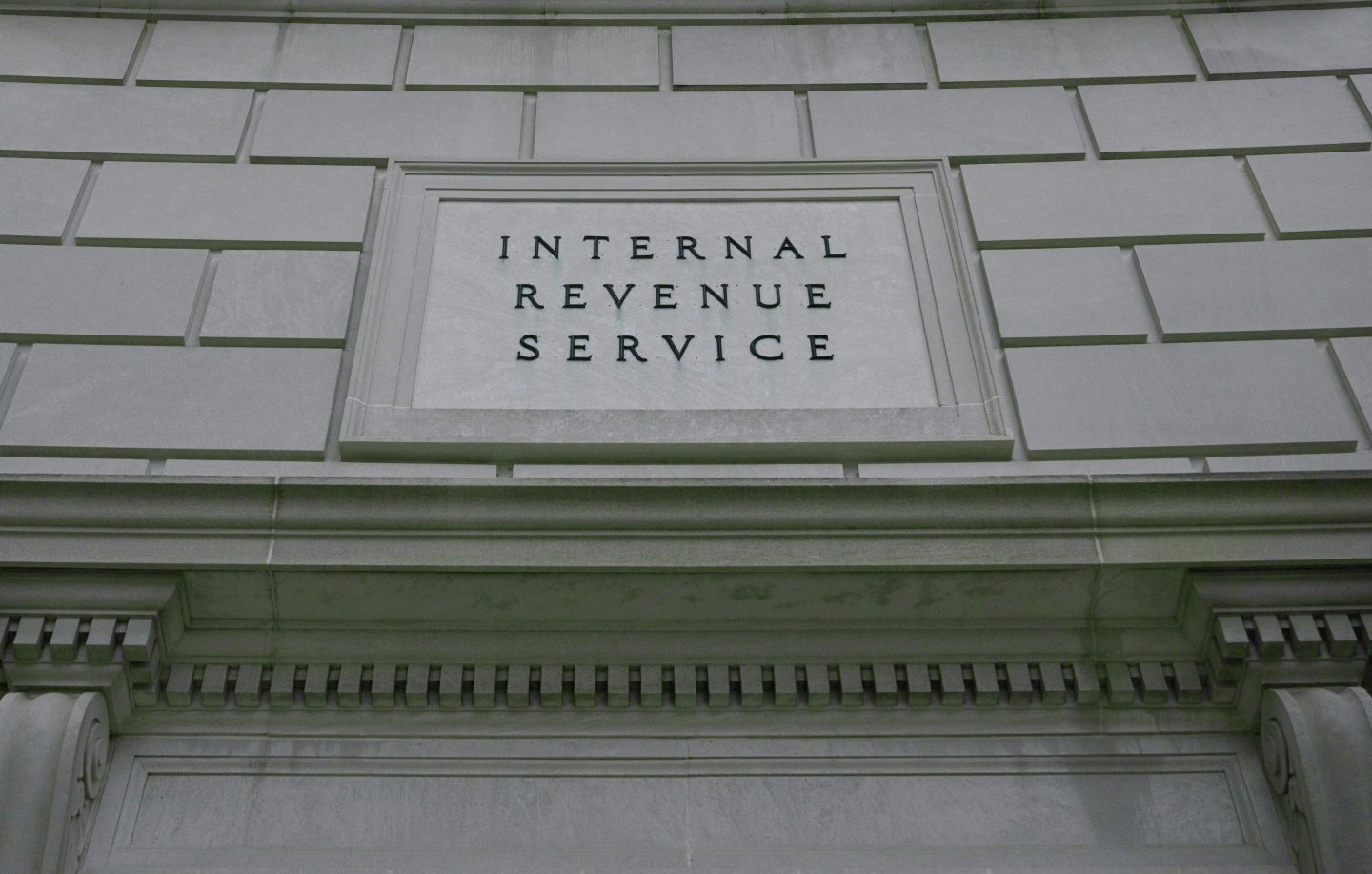After years of uncertainty, the Internal Revenue Service finalized rules on Thursday to make clear that people who inherit retirement accounts have 10 years to spend down the funds and, in many cases, that there is a minimum amount they must spend each year.
The 10-year rule applies to 401(k)s, IRAs, and other pre-tax contribution plans inherited on or after January 1, 2020. It does not apply to beneficiaries who are eligible designated beneficiaries (EDBs), meaning spouses and minor children, as well as those who are not more than 10 years younger than the deceased, and disabled or chronically ill beneficiaries.
Previously, heirs could take smaller distributions throughout their lifetime (and EDBs still can), giving the retirement accounts more time to grow. In 2019, the law was changed under the SECURE Act 2.0, although a question was left unanswered as to whether heirs would be required to take a distribution each year, or if they could wait until the end of the 10-year period to take the whole thing. Now, the IRS is saying they must withdraw funds each year, although how much varies. That will give clarity to some heir who have been waiting since 2020 for the IRS’s decision.
“You can take the money out however you want during those 10 years — all at once, in chunks, or spread it out — but it must be gone by the end of the tenth year,” says Gloria Garcia Cisneros, a Los Angeles-based certified financial planner. “This is a big change from the old rules.”
The change eliminates the so-called “stretch” IRA strategy, by which beneficiaries would take minimal distributions from IRAs over their lifetime, thereby stretching out their tax-deferred status.
Who do these rules apply to? Heirs like adult children, grandchildren, siblings, friends, and so on who do not meet the other qualifications for EDBs.
The fine print
Like with any tax law change, there are a number of nuances and exceptions to the law that make it advantageous to work with a financial advisor or tax planner who can explain them. For example, while most non-spouse beneficiaries must spend down the accounts in 10 years, they only have a required minimum distribution (RMD) each year if the decedent was past the RMD age.
“The rule today also doesn’t affect those who weren’t the RMD age, which is now 73 years old,” says Evan Potash, executive wealth management advisor at TIAA. “You can take out all the money by the end of the tenth year.”
That said, Potash and other financial experts say to remember that the withdrawals are treated as taxable income, and beneficiaries will want to carefully plan out how much they want to withdraw each year.
“Say you inherit a $500,000 pre-tax IRA from your father. Is it the best idea to wait until the tenth year to take it out? Probably not,” says Potash. “It would likely be better to stretch it in equal installments over the 10 years.”
If the deceased owner of the IRA had a RMD, then the beneficiary’s annual distribution will be based on their own life expectancy, with all of the money withdrawn by the end of the tenth year. And if they don’t take the RMD, they will face a 25% penalty on any deficiency. Otherwise, there is more flexibility with how much someone can withdraw.
All of this said, eligible designated beneficiaries are still allowed to take distributions over their lifetimes. Surviving spouses have the most flexibility, says Garcia Cisneros. They can treat the inherited IRA as their own, or take distributions based on their life expectancy.
These new rules do not apply to accounts inherited before 2020, or to Roth IRAs.













